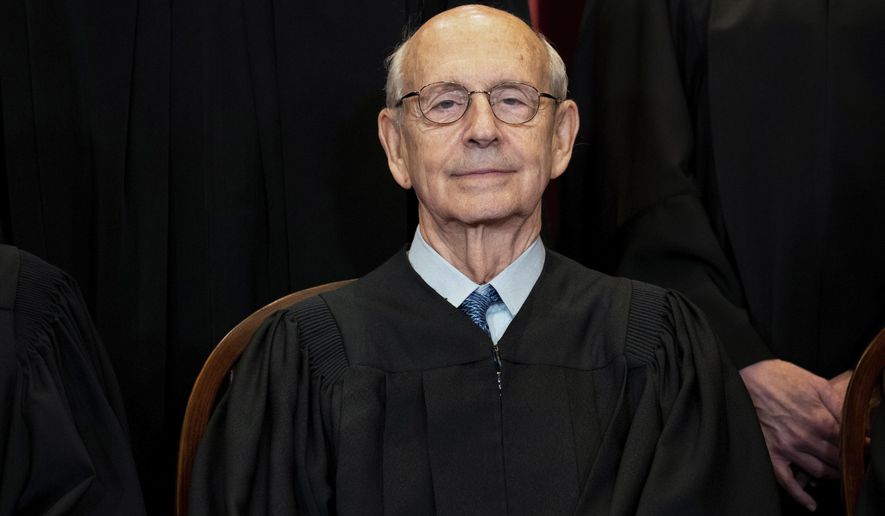Supreme Court Justice Stephen G. Breyer suggested Monday the court should evaluate whether lengthy stays on death row constitute “cruel and unusual punishment” in violation of constitutional rights.
In a brief, written statement, Justice Breyer questioned the constitutionality of the death penalty, as he has done repeatedly in the past.
The case at issue was brought by Carl Wayne Buntion, a 77-year-old Texas inmate on death row for 30 years.
He was convicted of capital murder in 1991 and sentenced to death. He was later resentenced, again to death, in 2012.
Buntion argued to the court that his lengthy stay on death row violated his constitutional rights, but the high court refused to hear his case.
Justice Breyer acknowledged that Buntion’s case has “procedural hurdles” for the court to review it but said he thinks lengthy stays on death row are problematic.
“I continue to believe that excessive delay both ’undermines the death penalty’s penological rationale’ and is ’in and of itself … especially cruel because it ’subjects death row inmates to decades of especially severe, dehumanizing conditions of confinement,’” Justice Breyer wrote.
“[Buntion’s] lengthy confinement, and the confinement of others like him, calls into question the constitutionality of the death penalty and reinforces the need for this Court, or other courts, to consider that question in an appropriate case,” he added.
Buntion is the oldest inmate on death row in Texas.
He shot and killed a Houston police officer during a traffic stop in 1990, according to the Houston Chronicle.
• Alex Swoyer can be reached at aswoyer@washingtontimes.com.




Please read our comment policy before commenting.